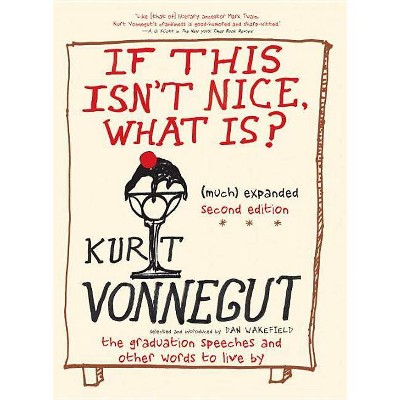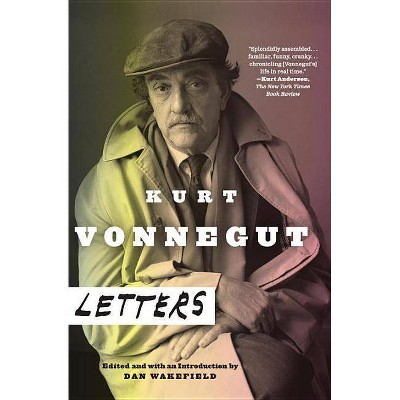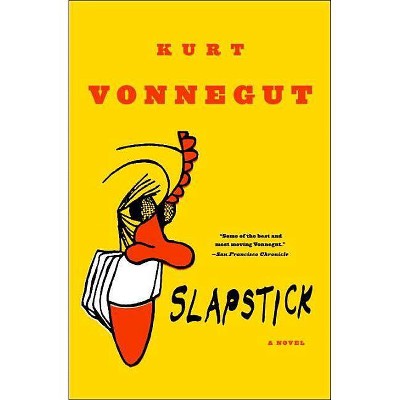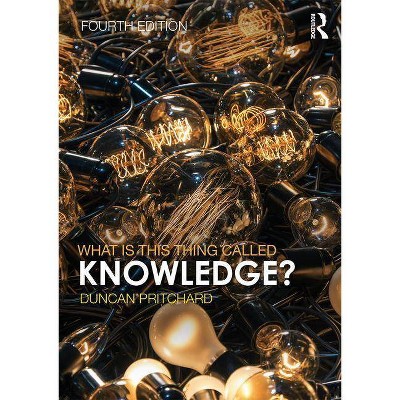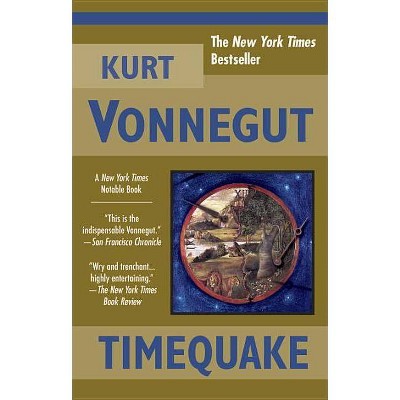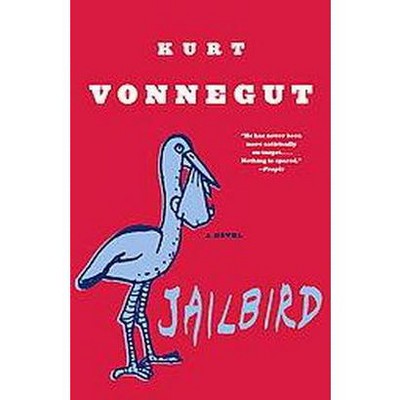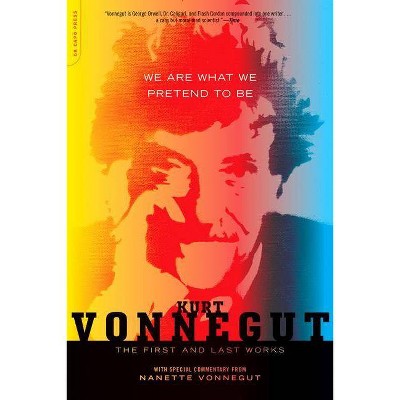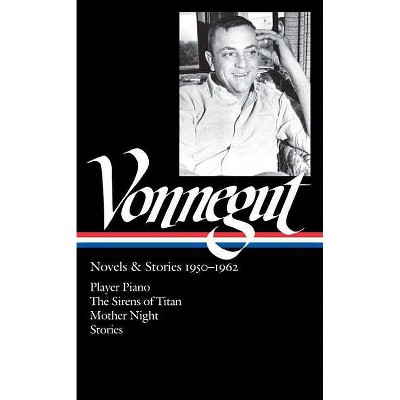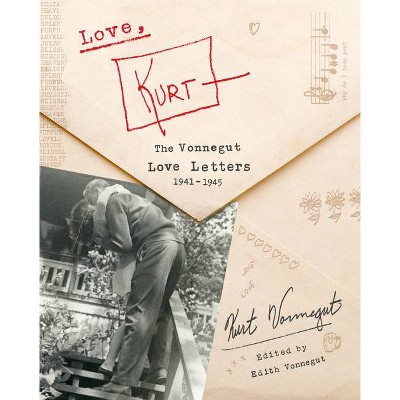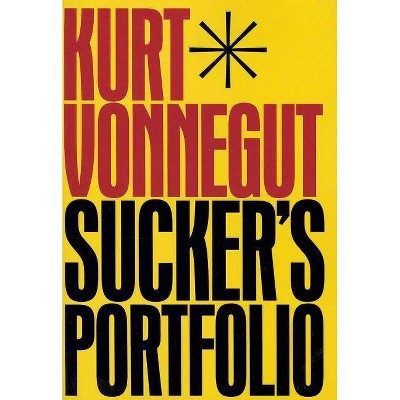If This Isn't Nice, What Is? (Even More) Expanded Third Edition - by Kurt Vonnegut (Paperback)
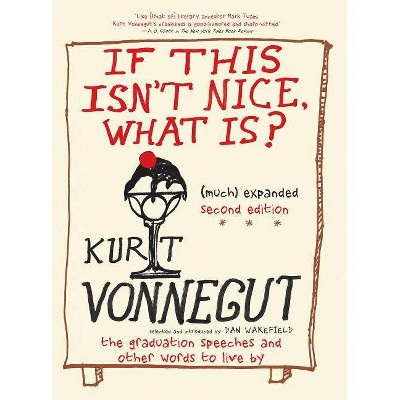
Similar Products
Products of same category from the store
AllProduct info
<p/><br></br><p><b> About the Book </b></p></br></br>"Best known as one of our most astonishing and enduring contemporary novelists, Kurt Vonnegut was also a celebrated commencement address giver. He himself never graduated college, so his words to any class of graduating seniors always carried the delight, and gentle irony, of someone savoring an achievement he himself had not had occasion to savor on his own behalf. Selected and introduced by fellow novelist and friend Dan Wakefield, the speeches in "If This Isn't Nice, What Is?" capture this side of Kurt Vonnegut for the first time in book form. In each of these talks Vonnegut takes pains to find the few things worth saying and a conversational voice to say them in that isn't heavy-handed or pretentious or glib, but funny and serious and joyful even if sometimes without seeming so"--<p/><br></br><p><b> Book Synopsis </b></p></br></br>For this first-ever paperback edition of <i>If This Isn't Nice, What Is?</i>, the beloved collection of Kurt Vonnegut's campus speeches, editor Dan Wakefield has unearthed three early gems as a sort of prequel--the anti-war Moratorium Day speech he gave in Barnstable, Massachusetts, in October 1969, a 1970 speech to Bennington College recommending "skylarking," and a 1974 speech to Hobart and William Smith Colleges about the importance of extended families in an age of loneliness. <p/>Vonnegut himself never graduated college, so his words of admonition, advice, and hilarity always carried the delight, gentle irony, and generosity of someone savoring the promise of his fellow citizens--especially the young--rather than his own achievements. <p/> Selected and introduced by fellow novelist and friend Dan Wakefield, the speeches in <i>If This Isn't Nice, What Is? </i>comprise the first and only book of Vonnegut's speeches. There are fourteen speeches, eleven given at colleges, one to the Indiana Civil Liberties Union, one on the occasion of Vonnegut receiving the Carl Sandburg Award, and now the anti-war speech he gave just months after the publication of <i>Slaughterhouse-Five</i>, as well as from related short personal essays--eighteen chapters in all. In each of these, Vonnegut takes pains to find the few things worth saying and a conversational voice to say them in that isn't heavy-handed or pretentious or glib, but funny, joyful, and serious too, even if sometimes without seeming so.<p/><br></br><p><b> Review Quotes </b></p></br></br><br><i>If This Isn't Nice, What Is?</i> is a spectacular read in its entirety, brimming with Vonnegut's unflinching convictions and timeless advice to the young. <b>--Maria Popova, <i>Brain Pickings</i></b> <p/>"Like [that of] his literary ancestor Mark Twain, Kurt Vonnegut's crankiness is good-humored and sharp-witted." <b>--A.O. Scott, <i>New York Times Book Review</i></b> <p/>Like so much of Vonnegut's work, these speeches combine absurdist humor, pessimism and countercultural politics, with improbably and disarmingly charming results. <b>--Troy Jollimore, <i>Chicago Tribune's Printers Row Journal</i></b> <p/><i>If This Isn't Nice, What Is?</i> is a blast of pure acid. <b>--<i>Entertainment Weekly</i></b> <p/>The material here offers us a slightly different lens, a different window, extending across a wide range of time and geography, from Fredonia College in Fredonia New York in 1978 to Eastern Washington University in Spokane in 2004, and framed by not just Vonnegut's sense of humor but also of humanity, his faith in our essential decency. <b>--David Ulin, <i>Los Angeles Times</i></b> <p/>These delightful scattershot commencement speeches offer fresh clues to what lay behind Kurt Vonnegut's twinkly visage--clues that are well worth celebrating. <b>--Peter Matthiessen</b><br><p/><br></br><p><b> About the Author </b></p></br></br>Born in 1922 in Indianapolis, Indiana, <b>KURT VONNEGUT </b>was one of the few grandmasters of modern American letters. Called by the <i>New York Times</i> "the counterculture's novelist," his works guided a generation through the miasma of war and greed that was life in the U.S. in second half of the 20th century. After a stints as a soldier, anthropology PhD candidate, technical writer for General Electric, and salesman at a Saab dealership, Vonnegut rose to prominence with the publication of<i>Cat's Cradle </i>in 1963. Several modern classics, including <i>Slaughterhouse-Five</i>, soon followed. Never quite embraced by the stodgier arbiters of literary taste, Vonnegut was nonetheless beloved by millions of readers throughout the world. "Given who and what I am," he once said, "it has been presumptuous of me to write so well." Kurt Vonnegut died in New York in 2007. <p/>A longtime friend of Kurt Vonnegut's, <b>DAN WAKEFIELD</b> is co-editor with Jerome Klinkowitz of Vonnegut's <i>Complete Stories</i>, which the <i>New York Times </i>called "a fascinating portrait-of-the-artist-on-the-make in the booming 1950s." Wakefield also edited and introduced <i>Kurt Vonnegut: Letters</i>. He is the author of the memoirs <i>New York in the Fifties </i>and <i>Returning: A Spiritual Journey.</i> His novel <i>Going All the Way</i> was made into a movie starring Ben Affleck. Dan Wakefield also created the NBC prime time series <i>James at Fifteen</i>. He is currently at work on a YA biography of Kurt Vonnegut for Seven Stories. He lives in Indianapolis, Indiana<i>.</i>
Price History
Cheapest price in the interval: 14.39 on November 8, 2021
Most expensive price in the interval: 14.39 on December 20, 2021
Price Archive shows prices from various stores, lets you see history and find the cheapest. There is no actual sale on the website. For all support, inquiry and suggestion messagescommunication@pricearchive.us
